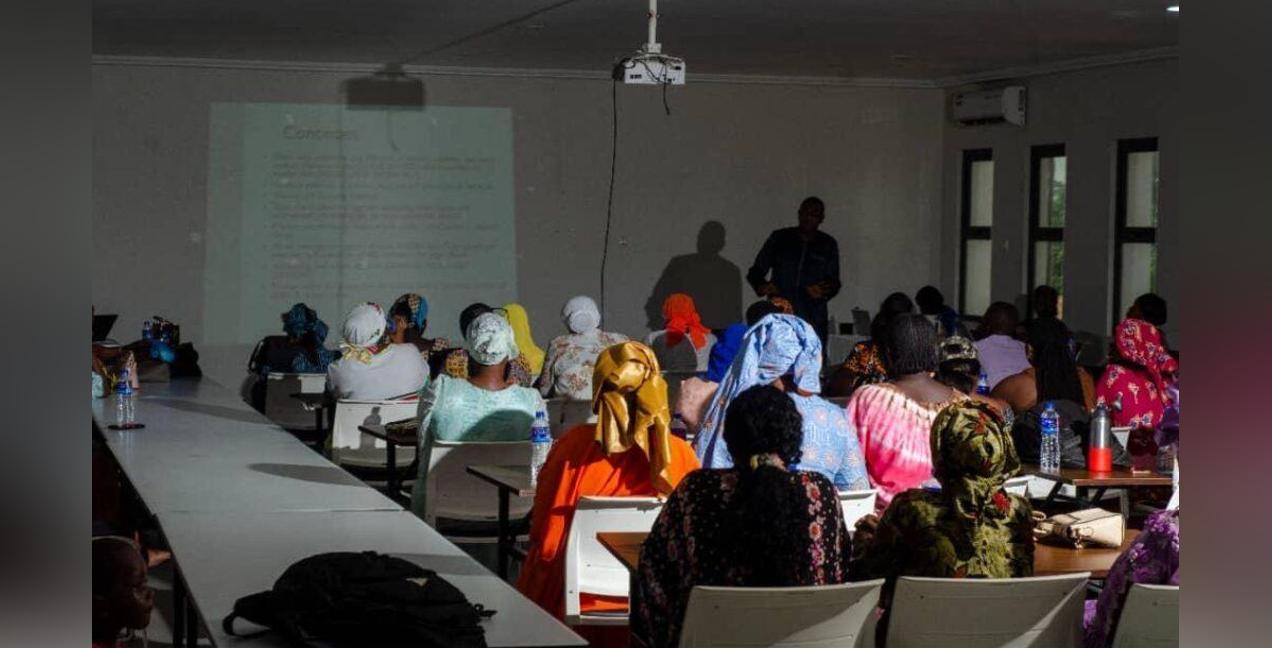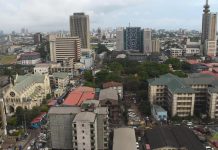Africa-Press – Gambia. In an effort to strengthen community-level responses to sexual and gender-based violence, the Paradise Foundation Initiative this week convened a training program for community police officers, Bajen volunteers, and health workers, underscoring the growing urgency to address such violence with coordinated, trauma-informed care.
The session, held in Brikama, brought together frontline responders who routinely interact with survivors of rape, forced marriage, female genital mutilation, trafficking, and related abuses. Organizers said the goal was to ensure that these actors understand how trauma shapes survivors’ behavior and needs — and how a sensitive, survivor-centered approach can improve the path to justice and recovery.
Representing the West Coast Region’s police commissioner, Assistant Superintendent Foday Ceesay described sexual and gender-based violence as “a national concern requiring collective action.” Effective justice, he said, depends on treating survivors not merely as victims but as partners in the system. “Survivors are not just victims; they are also some of the most powerful advocates on issues that matter,” he told participants.
Health officials echoed the call for a more informed and empathetic response. Speaking for the regional health director, Rose Mendy said health personnel must understand the long-term consequences of trauma and their own role in mitigating them. “Recognizing the impact of trauma is important because it affects every part of a survivor’s life,” she said. “We need to empower them to recover fully.”
The training highlighted recent efforts to improve both medical and legal procedures. Lamin Kebbeh, one of the facilitators, pointed to a newly standardized medical examination form for SGBV cases, developed with input from clinicians across the region. The document, he said, is expected to be adopted nationwide to ensure consistent and survivor-safe protocols in hospitals.
Aisha Baldeh, the executive director of the Paradise Foundation Initiative, urged participants to confront the cultural norms that often silence survivors or minimize their experiences. She noted that even older women are reporting rape but remain unsure of where to seek support. Harmful comments from parents, she added, can deepen emotional wounds. “Parents, especially mothers, sometimes insult or say hurtful things to their children, and these words stay with them for the rest of their lives,” she said.
The initiative’s organizers said the training is part of a broader effort to strengthen referral pathways and promote accountability among all actors who engage with survivors. By embedding trauma-informed practices across community institutions, they hope to build a safer environment for survivors and encourage reporting in a country where SGBV remains underdocumented and pervasive.
As The Gambia continues to confront the realities of gender-based violence, advocates say such programs are essential to shifting attitudes, improving services, and ensuring that survivors receive not just care, but dignity.
For More News And Analysis About Gambia Follow Africa-Press






